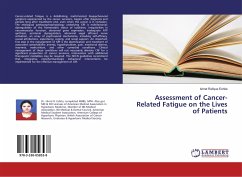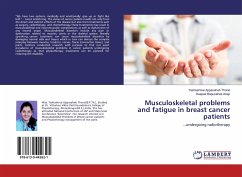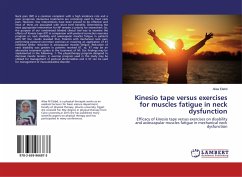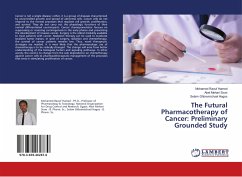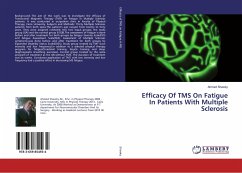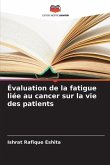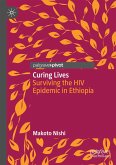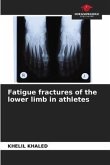Cancer-related fatigue is a debilitating, multi-faceted biopsychosocial symptom experienced by the cancer survivors, begins after diagnosis and persists long after treatments end, even when the cancer is in remission. The etiological pathopsychophysiology underlying CRF is multifactorial; dysregulation of the homeostatic status of cytokines, irregularities in neuromuscular function, abnormal gene expression, inadequate ATP synthesis, serotonin dysregulation, abnormal vagal afferent nerve activation, an array of psychosocial mechanisms, including self-efficacy, causal attributions, expectancy, coping, and social support. An important first step in the management of CRF is the identification and treatment of associated comorbidities: anemia, hypothyroidism, pain, emotional distress, insomnia, malnutrition, and other comorbid conditions. Clinical management of these conditions will not necessarily alleviate CRF for a significant proportion of cancer survivors, intervention with additional therapeutic modalities may be required. The NCCN guidelines recommend that integrative nonpharmacologic behavioral interventions be implemented for the effective management of CRF.
Bitte wählen Sie Ihr Anliegen aus.
Rechnungen
Retourenschein anfordern
Bestellstatus
Storno

